Fees & Funding
When it comes to paying for elderly care, understanding how it all works can be something of a minefield. To help you better understand the financial side of elderly care - whether this is in a care home or through a care alternative - our fees and funding articles explore numerous key topics that break everything down clearly and concisely.
Whether you or your loved one need to know how much care homes cost, what benefits you can claim in a care home, how to get help from your local authority or the NHS with care fees, how financial assessments work or what other benefits are available, you can learn everything you need to know here!

How To Apply For the Carers Element of Universal Credit
We’ve explained how to apply for the Carers Element of Universal Credit. If eligible, you could receive an extra £46.54 a week (or £201.68 a month).

What Conditions Qualify for NHS Continuing Healthcare?
This article explains whether there are specific conditions that qualify for NHS Continuing Healthcare, and other things you need to know about eligibility.

Care Funding in Scotland | Who Pays For Care?
We’ve explained care funding in Scotland, including whether you or your local council will pay for care, and whether you could be eligible for NHS funding.

Care Funding in Wales | Check Eligibility For Funding Support
This article explains care funding in Wales, including whether you or your local council will pay for care, both in a care home and through home care.

Self-Funding Care | How Paying For Your Own Care Works
The total value of your savings and income (and assets for care in a care home) determines whether you'll pay for care. Here's how self funding care works.

Direct Payments For Carers and Care Seekers 2025 | Eligibility and How To Apply
Direct payments provide support for carers, and allow care seekers to arrange their own care. Learn more about direct payments and whether you're eligible here.

Do You Have To Pay For Care If You Have Parkinson's Disease?
We've explained if people living with Parkinson's have to pay for care, including home care and care in a care home, and if you're eligible for NHS funding.

Do People Living With Dementia Have To Pay Care Home Fees?
This article explains whether people living with dementia have to pay care home fees, along with other funding support and benefits you could be eligible for.

Selling My Parent’s House To Pay For Care | Is This Needed?
If you or your parents are going into care, you might be wondering how this will be paid. We've explained the different care funding options available.

Do You Have To Pay For Carers In Your Own Home?
Whether you’ll pay for your home care depends on the results of a financial assessment. This article explains when you have to pay for carers in your own home.

What Is The 7 Year Rule For Care Home Fees?
The 7-year rule for care home fees relates to giving away your assets. We've explained how this works and whether they'll be counted in an assessment.
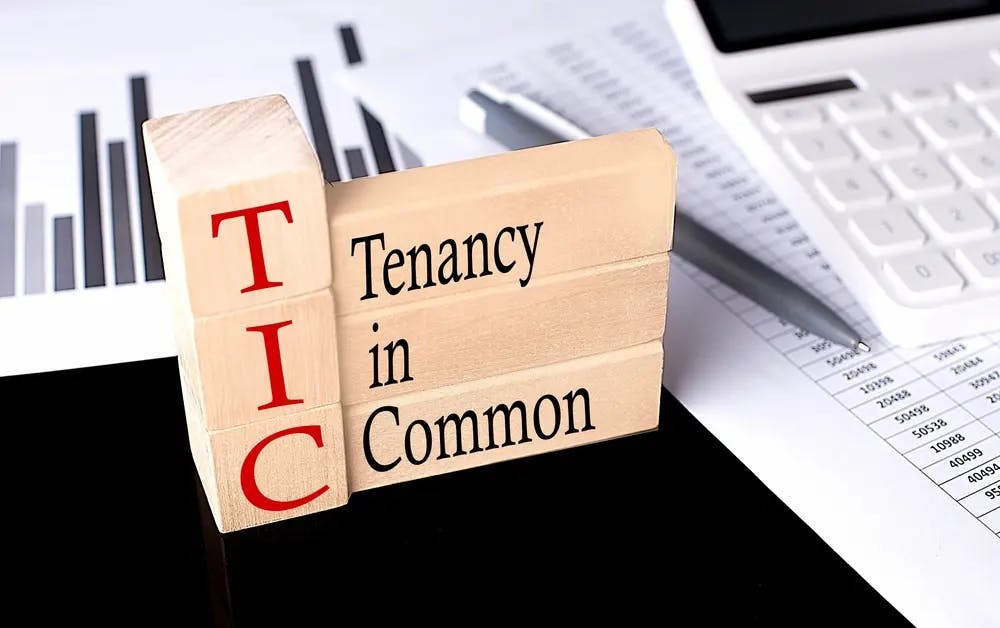
Tenants In Common Care Home Fees | Tenancy In Common Explained
Through tenancy in common, you and your partner each own a portion of your home. Here, we've explained how tenants in common care home fees works.

Cost of Respite Care In the UK | Care Homes and Home Care
Here's the average cost of respite care across the UK for 2025, both in care homes and through care at home. This includes residential and nursing respite care.

Dementia Care Home Costs In The UK | 2025 Statistics
Here are the average dementia care home costs across the UK for 2025, including residential dementia care and nursing dementia care.

How To Apply For Carer’s Allowance | Step-by-Step Guide
Here's how to apply for Carer's Allowance. This benefit is for people who spend at least 35 hours a week caring for somebody who receives certain benefits.

Can My Son or Daughter Continue To Live In My House If I Go Into Care?
We've explained if your son or daughter can continue living in your house if you go into care, if you're unsure what getting care means for people in your home.

What Were the New Rules For Care Payments?
In October 2025, new rules for care payments were due to be introduced, affecting whether and how much you'd pay for care. These rules have now been scrapped.

Care Funding in England | Do You Have To Pay For Care?
Depending on your savings, you may be eligible for support with paying care fees in England. Here, we've explained what you need to know about care funding.

Benefits For Pensioners Over 70 | Boost Your Retirement Income
There’s a range of benefits available to pensioners. We’ve gone over each of these benefits here, including whether you’re eligible and how to claim.
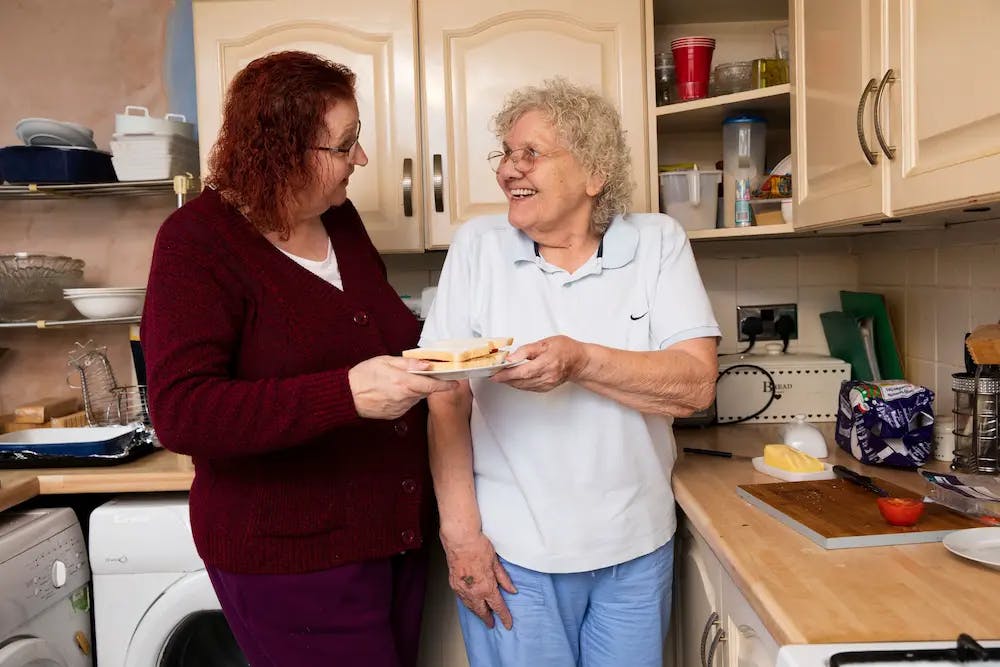
Disability Living Allowance (DLA) For Adults
Disability Living Allowance is a benefit for people with a disability who need financial support. Though this is being replaced, many people still claim it.
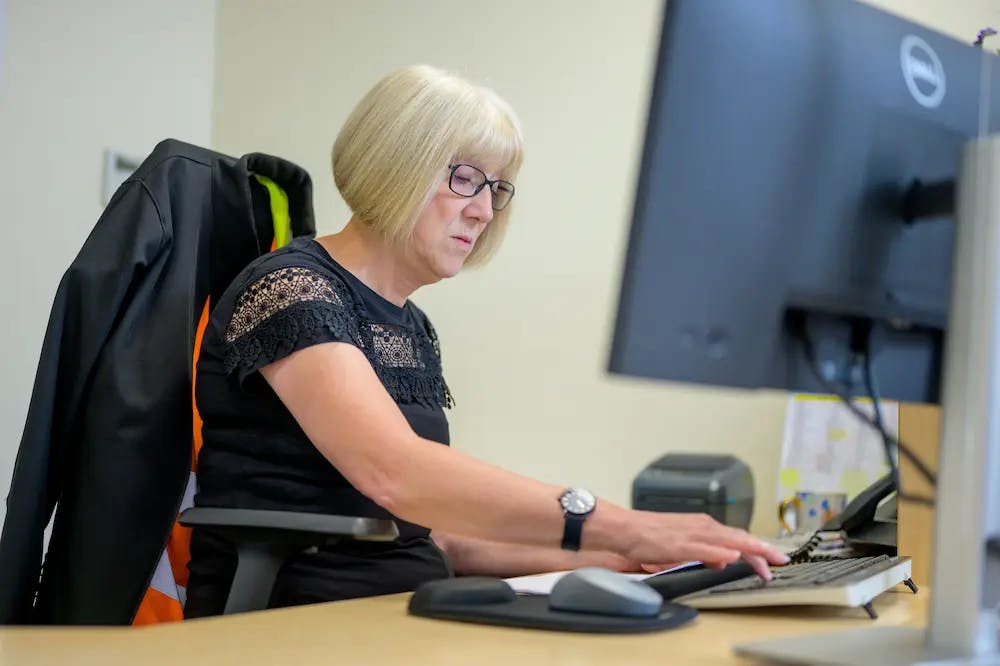
What Is Pension Credit and Are You Eligible?
Pension Credit is a benefit you can begin receiving once you pass the State Pension age. It’s aimed at older adults who require financial support.
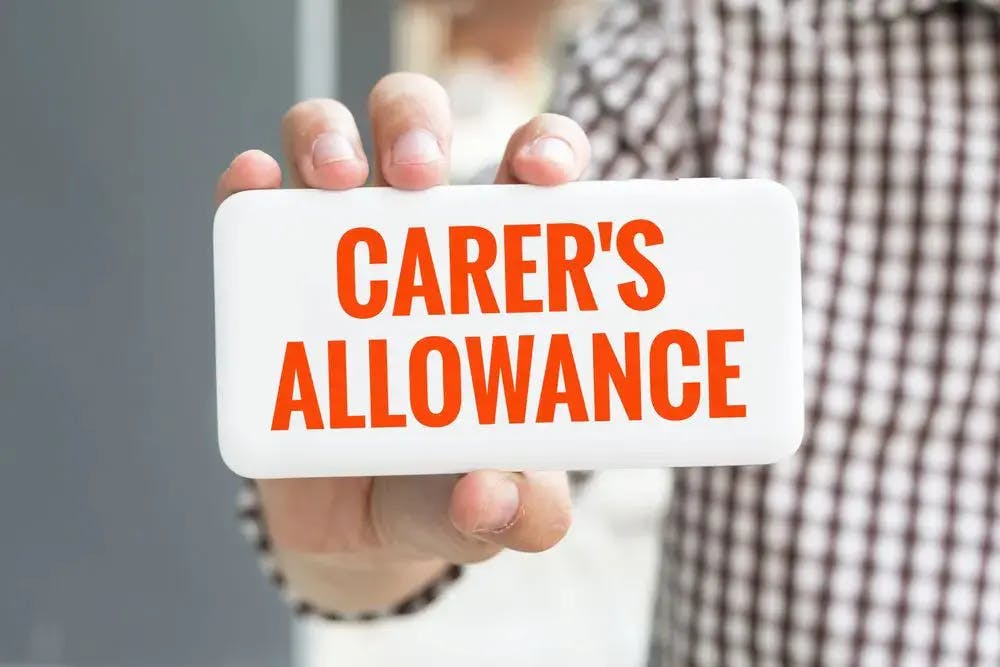
Carer’s Allowance Explained | How This Benefit Works
Carer’s Allowance is the main benefit that carers can receive. We’ve explained everything you need to know about Carer’s Allowance, including how to claim it.

What Does the 12-Week Property Disregard Mean? What Happens To My Home?
The purpose of a 12-week property disregard is to provide enough time to decide how your property will help you fund any care costs in the future.
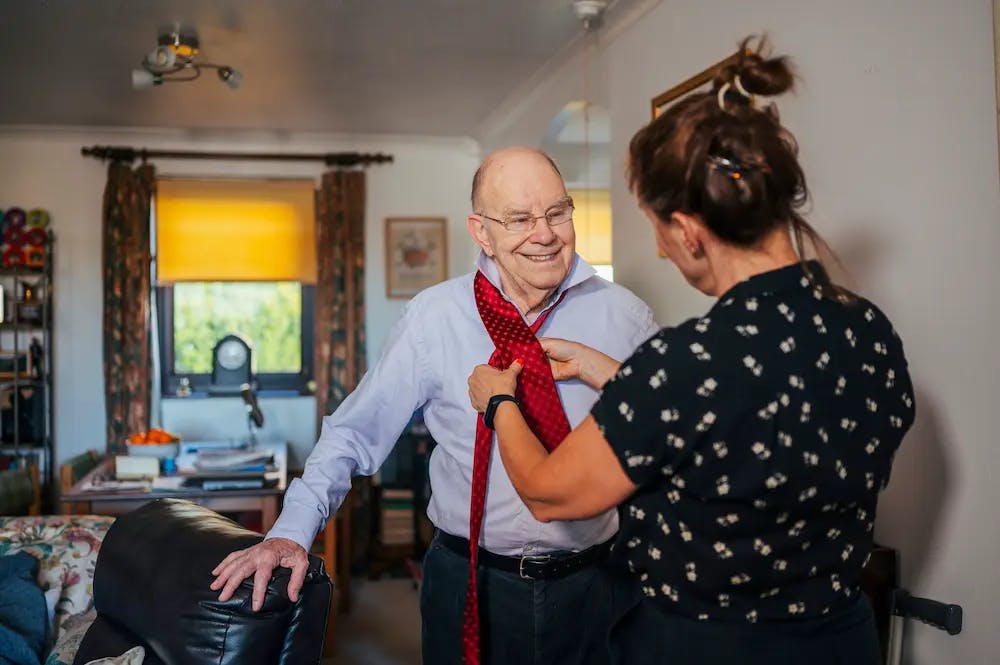
What Benefits Can You Claim If You Are a Carer?
As a carer, there are several state benefits that you may be entitled to. Read on to learn what each of these benefits is, how they work and how much they pay.

Care Home Costs & Care Fees UK Average For 2025
When researching and choosing a care home, you should be clued up on the exact costs and fees. For more information, read our handy guide on care home costs.

Personal Independence Payment Explained (and How to Claim It)
Personal Independence Payment (PIP) is a benefit that helps people with extra costs caused by living with a long-term health condition or disability.

Immediate Needs Annuity For Care Costs
If you or your loved one quickly require a regular income to pay for care fees then an immediate needs annuity for care costs could be the right option.
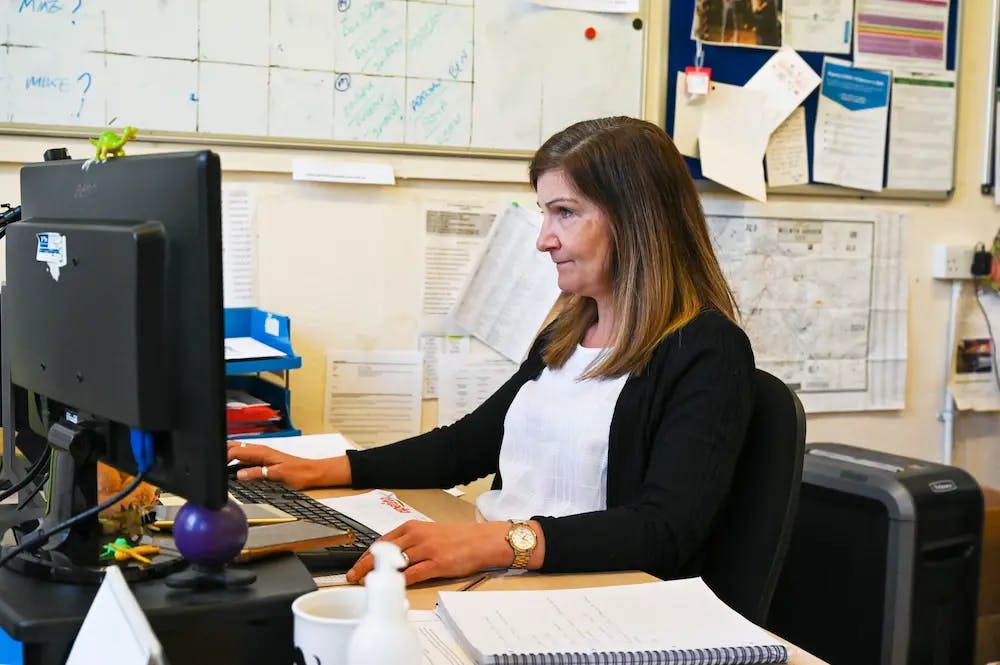
Financial Assessment For Care Fees
A financial assessment decides whether your local authority should help with care fees. This article explains how to get a financial assessment for care fees.

Deferred Payment Agreements for Care Home Fees
This article tackles deferred payment agreements - an arrangement with your local council where they'll pay for your care and you'll repay later on.

NHS Continuing Healthcare: Free Care Support
NHS continuing healthcare covers the full cost of an individual’s care and residential accommodation as a result of a disability, accident or illness.

Can You Put a House in a Trust to Avoid Care Home Fees?
Many people consider solutions like selling their family home or putting this home in a trust to avoid care home fees - but is this allowed? Learn more here.

Are Next of Kin Responsible for Care Home Fees?
If your parents are entering a care home, you may be wondering whether next of kin are responsible for care home fees. We've answered this here.

How Do Care Home Fees Work With Jointly-Owned Properties?
Find out how a jointly owned property can affect your care home fees and whether you'll need to sell this property to pay for your fees.

NHS Funded Nursing Care Explained
What is NHS-funded nursing care and who is eligible for it? Learn more about this type of care and what it involves here.

Why Are Care Homes So Expensive? Fees Explained
Care home fees can be pricey - 91% of UK care seekers think that care homes are expensive. We've explained what these fees cover and how to pay less.

The Benefits You Can Claim In A Care Home
There are several benefits and allowances you can claim in a residential or nursing home to help you out with care costs.

